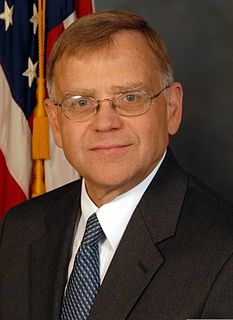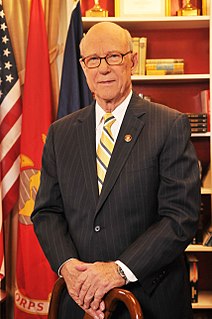A Quote by Amartya Sen
I attempted to see famines as broad "economic" problems (concentrating on how people can buy food, or otherwise get entitled to it), rather than in terms of the grossly undifferentiated picture of aggregate food supply for the economy as a whole.
Related Quotes
Anybody interested in solving, rather than profiting from, the problems of food production and distribution will see that in the long run the safest food supply is a local food supply, not a supply that is dependent on a global economy. Nations and regions within nations must be left free and should be encouraged to develop the local food economies that best suit local needs and local conditions.
Stated in the simplest terms, the recognized solution to the problem of foodborne illness is a comprehensive prevention strategy that involves all participants in the food system, domestic and foreign, doing their part to minimize the likelihood of harmful contamination. And that is the strategy mandated by FSMA. It is not a strategy that assumes we can achieve a zero-risk food supply, but it is a strategy grounded in the conviction that we can better protect consumers and the economic vigor of the food system if everyone involved implements reasonably available measures to reduce risk.
Food is "everyday"-it has to be, or we would not survive for long. But food is never just something to eat. It is something to find or hunt or cultivate first of all; for most of human history we have spent a much longer portion of our lives worrying about food, and plotting, working, and fighting to obtain it, than we have in any other pursuit. As soon as we can count on a food supply (and so take food for granted), and not a moment sooner, we start to civilize ourselves.









































